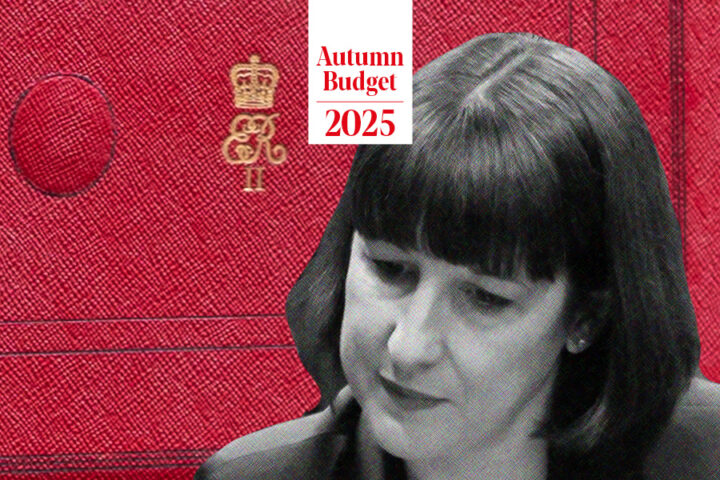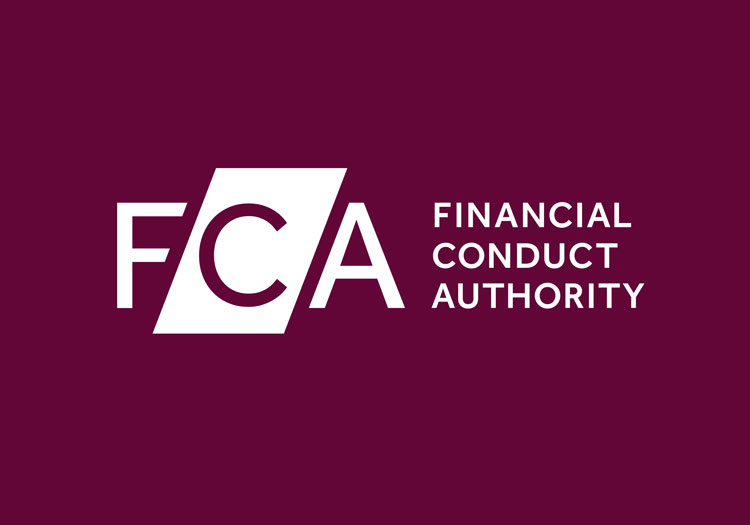AJ Bell is calling on chancellor Rachel Reeves to consider alternatives to inheritance tax (IHT) on pensions.
In a letter to the Chancellor and Treasury department, AJ Bell outlined flaws in the proposals to subject unspent pension assets to IHT on death.
Plans announced in the Budget are currently under consultation and are not due to come into effect until April 2027, creating time to explore other options for reform.
AJ Bell is calling on government to consider alternative options, which would be simpler and fairer while still reforming the treatment of pensions on death.
The business has proposed either using a system similar to the current treatment of ISAs on death, or simply relying on income tax at the beneficiaries’ marginal rate, both of which represent preferable alternatives to the government proposals under consultation.
Michael Summersgill, CEO at AJ Bell, said: “The proposals set out by government create huge complexity and will delay families from accessing money in a timely fashion following a bereavement.
“In some cases the proposals will be unworkable and will create financial gridlock in the probate process, especially where assets held in the pension can’t be sold quickly.
“Add to this the fact that the proposals could result in millions of people paying a minimum tax rate of 64% on inherited pensions, and there is a real risk that confidence in pensions will be seriously eroded.
“We’re urging the chancellor to instead consider alternative proposals from the industry, which would be fairer and simpler, without undermining her plan to tax unused pensions on death.”
The proposals mean any unspent pension assets on death will be treated as part of the individual’s estate and may be subject to IHT.
Once passed to the beneficiary, income withdrawn from the pension can then also be subject to income tax at their own marginal rate.
The double taxation proposed means that pension assets will be subject to a 64% effective tax rate on death where the pension pot exceeds the IHT nil rate band and the beneficiary is a higher rate taxpayer. In many cases it will be far higher.
In addition to the potential for punitive levels of taxation, the proposals under consultation are likely to cause significant delays distributing money to families on death and in some cases may prove unworkable.
Pension schemes will be required to engage with the personal representative (PR) of the deceased scheme member.
PRs will need to identify all pensions that were held in the individual’s name and determine how much of their IHT nil-rate band should be apportioned to the scheme or schemes.
Pension funds holding illiquid assets – something the government and the FCA are specifically trying to encourage through the creation of Long Term Asset Funds (LTAFs) and wider policy initiatives – will often struggle to sell these within a year, let alone six months.
AJ Bell called on the Chancellor to explore alternative measures put forward by the industry as part of the consultation process.
First, ISAs are already subject to IHT on death, which AJ Bell said provides a pre-existing template for the reform of pension taxation on death, so mean investments are treated equally as part of the estate.
Second, the firm suggested that IHT be applied on withdrawals at the marginal rate of the beneficiary.
AJ Bell argued that this would create a fair system in which those inheriting pensions with the highest incomes pay more tax, while also offering simplicity given pension assets are already subject to income tax where the member dies after age 75.
















